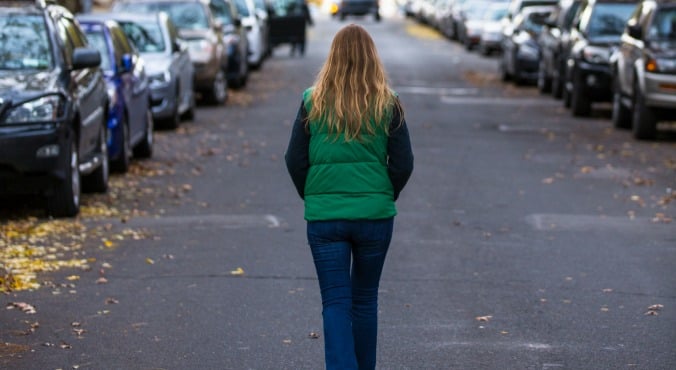
Image: iStock
I’ve purchased the emergency contraceptive pill twice in my life.
The first time, it was a straightforward process: the pharmacist asked me to fill in a form, explained how the medication worked, and handed me the tablet in a blister pack. She was helpful, approachable, and if she was judging me… she didn’t let it show.
The second time was different. I would have been 20 at the time. With my then-boyfriend by my side, I approached the counter and made my request. The response was polite, yet a punch in the gut: “Our pharmacist doesn’t sell that due to his religious beliefs. You’ll have to try another pharmacy down the road.”
Dear pharmacists: this is how you should sell the morning after pill
I’ll never forget how I felt in that moment. It was a hot cocktail of indignation, rage and I’m sad to say, a little bit of shame – despite the fact I’d been raised and educated to believe contraception, and access to it, is a human right. I was too stunned to even speak, so we quickly retreated and set out to find a more accommodating business. Thankfully this was possible – although I live in a country town, there are several pharmacies in the area.
Although it worked out okay for me, I’ve often wondered how a woman who was younger, or more vulnerable, or who didn’t have the same emotional support that I did might have reacted. Would that pharmacist’s words have scared or shamed her enough to prevent her from seeking the pill elsewhere? What if this was someone living in an even more remote area of the country, where an alternative pharmacy may have been an hours’ drive away or inaccessible within the time frame emergency contraception needs to be taken in?

Top Comments
Enough with the Pharmacist bashing. This is a recycled article. I believe you may be posting it again to purposefully be inflammatory. Hence the outdated data. The Pharmacist she saw didn't supply it but they told her where she could get it from. That is legal. As long as the person gets the medication. In rural towns they have provisions that if a certain doctor or Pharmacist will not hand it out, there is another place for them to get it. She got the medication. You cannot force a person, even if they are a health professional, to do something they are personally ethically opposed to. You cannot force a Pharmacist to dispense the ECP. You cannot force a doctor or Pharmacist to prescribe or dispense MS 2 Step (the abortion pill), you cannot force a doctor to conduct an abortion.
Now, I personally have no ethical reasons to prohibit the sale of the ECP or MS 2 Step. I will happily do so provided I've addressed all the legal requirements. I do not have to provide the ECP to anyone who walks in requesting it BUT I have to have legitimate grounds for refusal. I have refused it on a very few, very rare occasions (for example a male who wanted to stock up and was wanting to give it to females so he didn't have to use a condom).
For a site that is very pro doctors and the medical industry I have no idea why you are continually out to drag us through the mud. We study for 5 years. We are medication experts. We are registered with AHPRA. We know medications like the back of our hand. We work under pressure. We juggle a number of issues at once like picking up prescription errors and consulting with doctors. We speak to and give out (free) advice to hundreds if not thousands of people a week. We have a very small amount of time to obtain a relevant medical history and safely give out medications. Many of us have obtained other degrees and qualifications to support our practice. We have to provide evidence of continuing professional development. We regularly get abused verbally by disgruntled people. I have even been physically assaulted by someone seeking drugs. I'm sick of having to defend my job and my job role.
Love this response
And surely the point being made in the article is that the law allows pharmacists to act on the basis that their religious beliefs are "legitimate grounds for refusal," and to question if that should be the case, given the potentially serious consequences of their refusal.